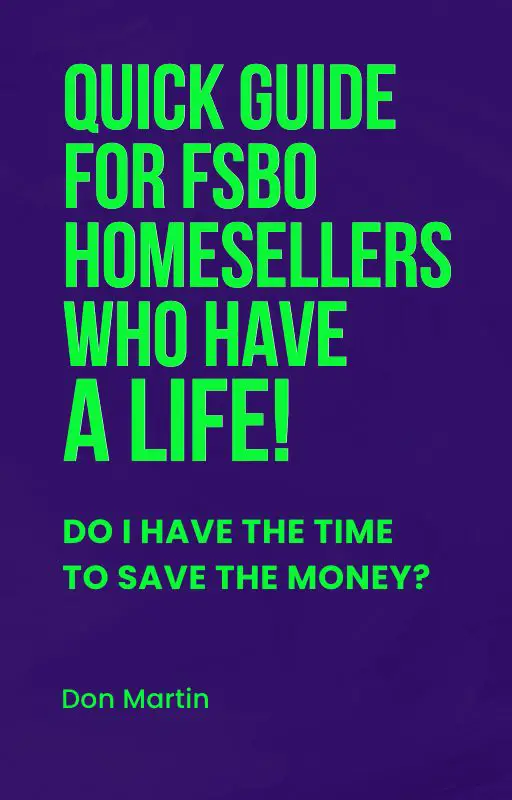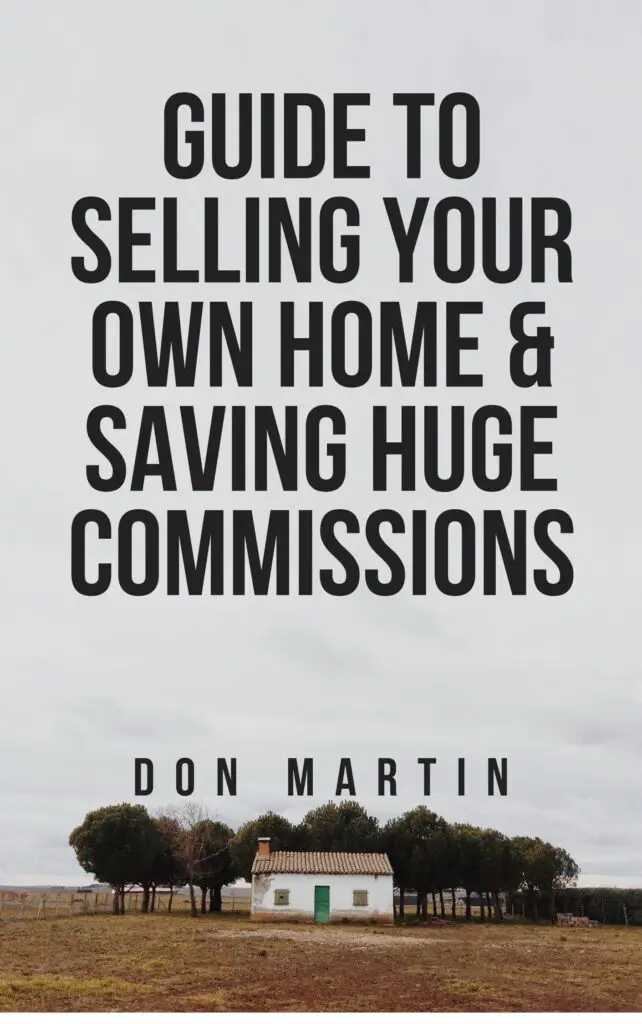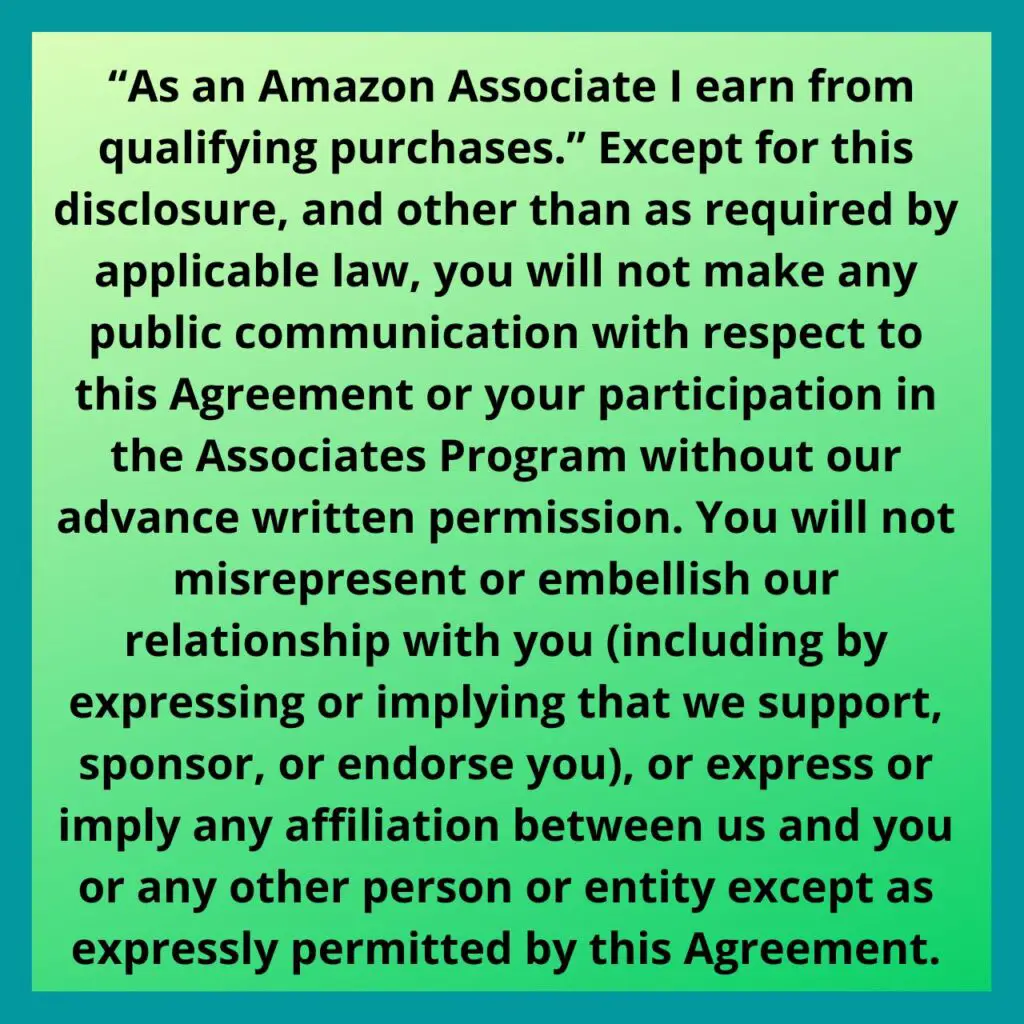As unfortunate as it can be when homeowners fall behind on mortgage payments and must face the possibility of losing
their homes, short sales and foreclosures provide them options for moving on financially. The terms are often used
interchangeably, but they’re actually quite different, with varying timelines and financial impact on the homeowner.
Here’s a brief overview.
A short sale comes into play when a homeowner needs to sell their home but the home is worth less than the remaining
balance that they owe. The lender can allow the homeowner to sell the home for less than the amount owed, freeing the
homeowner from the financial predicament.
On the buyer side, short sales typically take three to four months to complete and many of the closing and repair costs
are shifted from the seller to the lender.
Please “LIKE” our FaceBook Page through this link. We can provide additional specials, offers, freebies, and even MORE content there than we can here on the website!
On the other hand, a foreclosure occurs when a homeowner can no longer make payments on their home so the bank
begins the process of repossessing it. A foreclosure usually moves much faster than a short sale and is more financially
damaging to the homeowner.
After foreclosure the bank can sell the home in a foreclosure auction. For buyers, foreclosures are riskier than short
sales, because homes are often bought sight unseen, with no inspection or warranty.
(This post may contain affiliate links, which means if you click, or make a purchase by clicking on them, I may receive a small commission, at no additional cost to you, that will help me continue to bring you valuable content. To that end, not all of the items on this page are affiliate links, as that is not a requirement to be on this page. Thanks for your support!)
We are a participant in the Amazon Services LLC Associates Program, an affiliate advertising program designed to provide a means for us to earn fees by linking to Amazon.com and affiliated sites.













